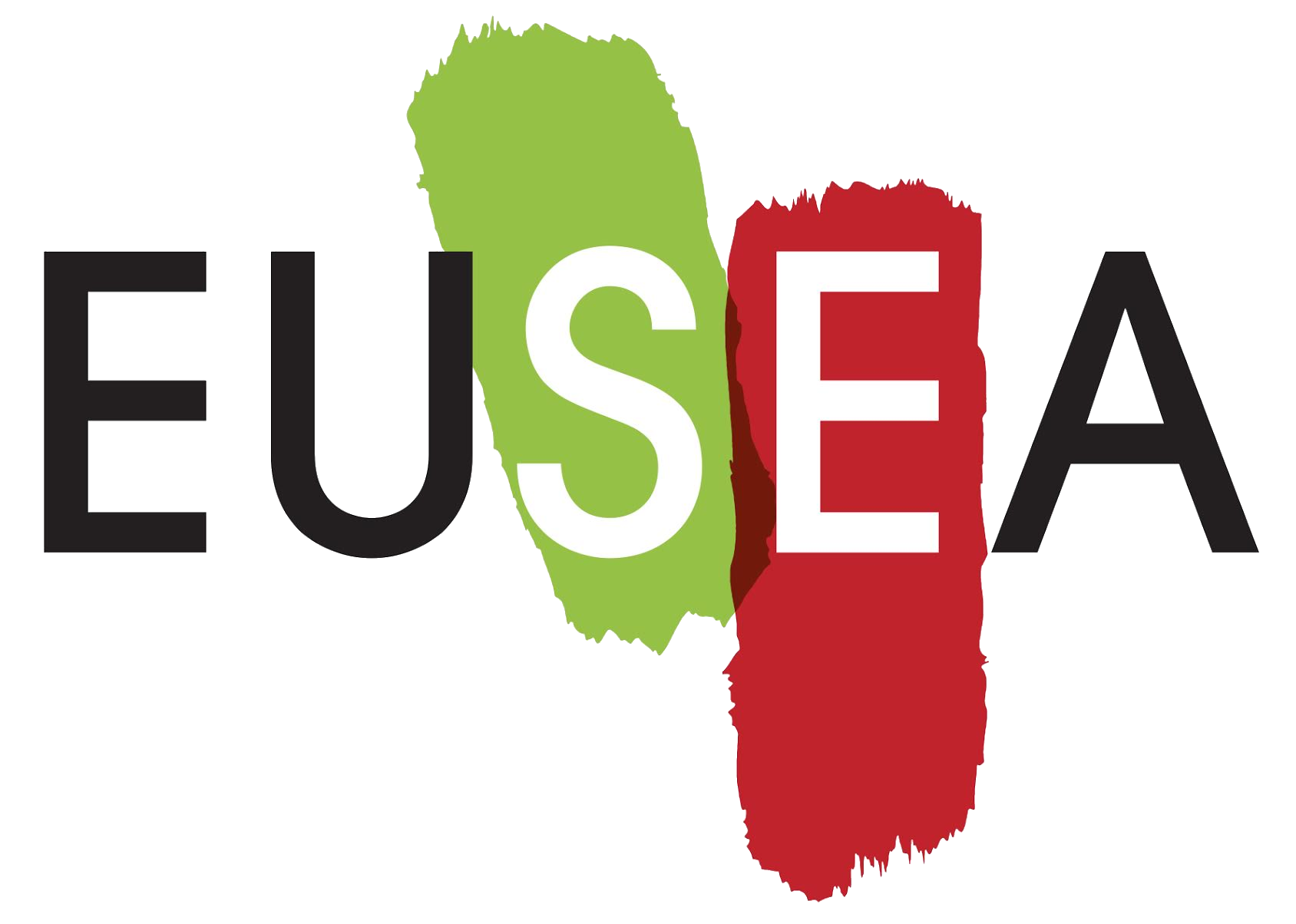What makes for effective sci comm training?
Principles, Recommendations and Standards!
Date: 16th July 2021
Time: 12:00-14:00 (CEST)
What’s on the menu?
EUSEA would like to invite you all to the next Hotpot discussion, where we will bring together science communication researchers and practitioners to discuss the future of sci com training. It is now more apparent than ever that the way that we communicate science is crucial. The issue is there are many forms of science communication, each requiring a similar but distinctive set of skills. There is a smorgasbord of training events that are available to those who are looking to improve, but what makes good training and what standards should we expect?
Whose in the Kitchen?
This hotpot will include contributions from:
Annette Klinkert – Executive Director of EUSEA and CEO of city2science: Topics to be addressed in public engagement trainings, and how to mix input with practical sessions, linking lessons learned to individual research projects.
Edward Duca- Academic and practitioner, Rector’sRector’s Delegate in STEM Popularisation (Engagement), University of Malta: How to incorporate creativity and arts into effective science communication training, using STEAM summer school as a case study.
Mhairi Stewart- Head of Public Engagement, University of St Andrews; Scotland: The importance of evaluation of science communication training, and how to use this information effectively to improve your training and inform research
Moderated by Christopher Styles- EUSEA
What can you bring to the table?
As part of the EUSEA Science Engagement Platform, we would like to provide our community with a selection of science communication training, expertise that EUSEA is not able to provide by ourselves. However it is important to us that the training we recommend meets the highest standards. So if you are interested in helping us co-create a list of criteria that can form the foundations of an action plan, we would love you to join us. We believe that having input from you all is crucial for this project, as EUSEA would like to remain as transparent about which training organisations are recommended on the platform and why, to avoid any biases or conflicts of interest, we need you to keep us on the straight and narrow!
Would you like to book your spot at the table?
So click here to join us at the next EUSEA hoptpot- What makes for effective sci comm training? Principles, Recommendations and standards! And have your say on the future of science communication training.






